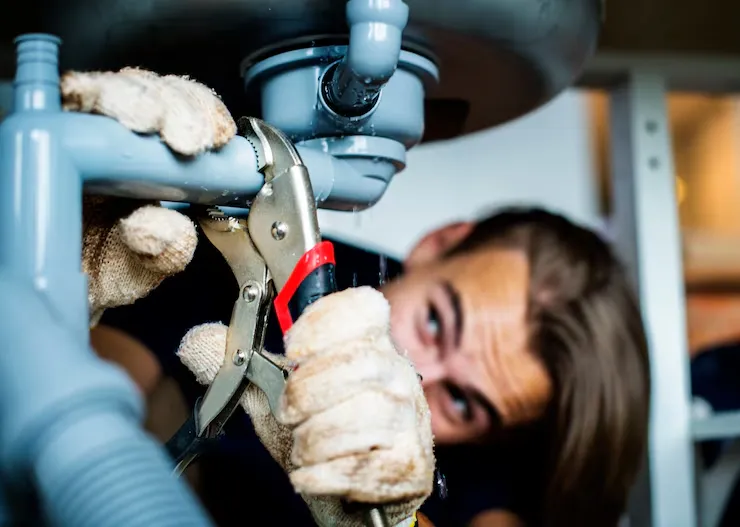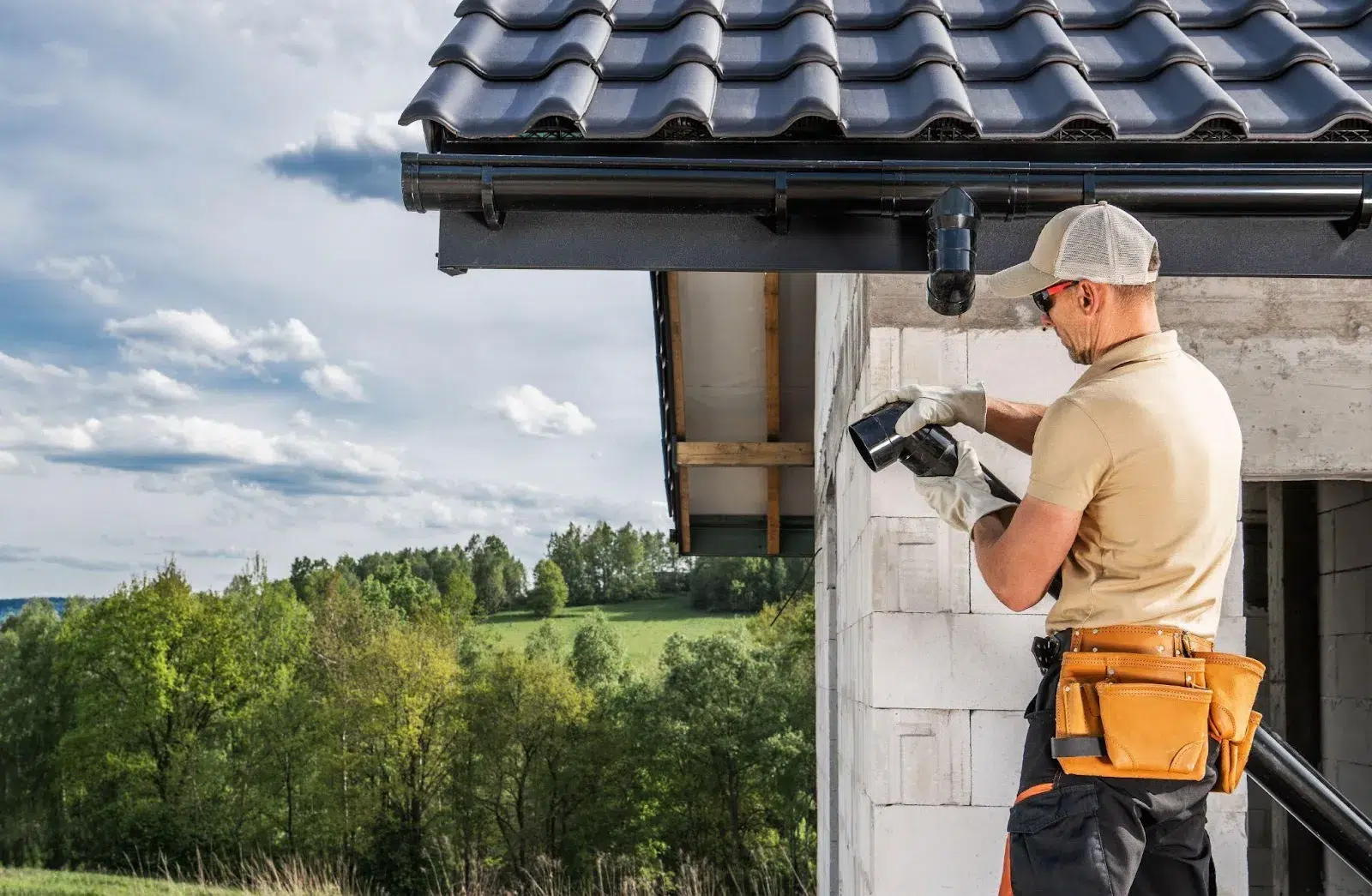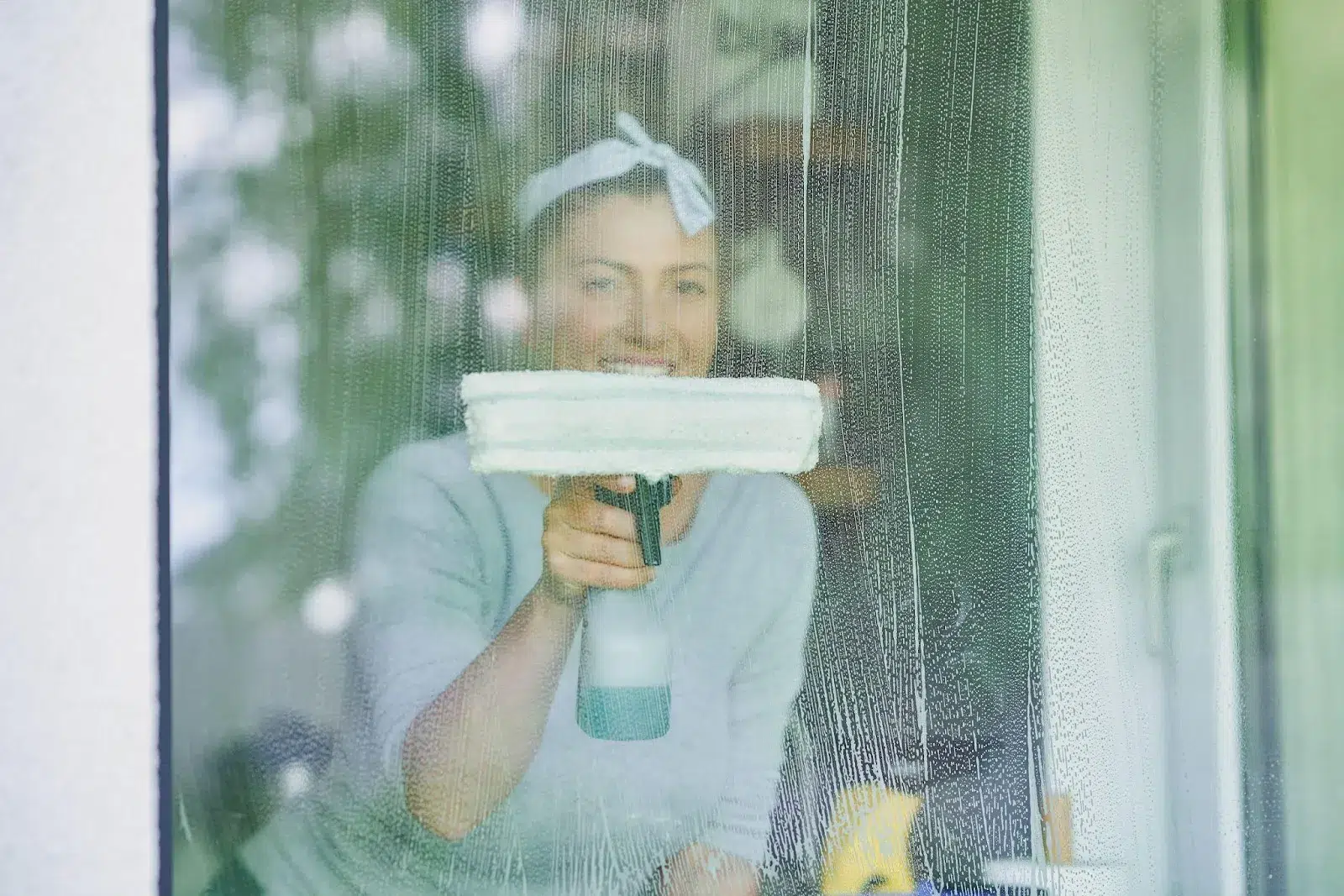Shared family experiences become memories – of fun times, delicious meals, belonging and healthy belly laughs.
A collection of memories are a wonderful thing to have, especially revisiting them as we age. It’s not the fancy car or the big house that warm our hearts when we look back. It’s times together, like at Christmas, a birthday or a trip, that provoke happy thoughts, spark interesting conversations and foster closeness.
Memories matter – happy ones especially nourish our mental health. Family travel is a wonderful way to create those lasting memories. You walk, you gawk, you eat, you talk, you laugh – all things that contribute to a balanced healthy life and positive mindset.
On holidays, there are no doctor appointments to get to, no dishes to do, no drop-offs. No leaves to rake, no snow to shovel or house repairs to take care of – you’ve got custodia.com to take care of all home maintenance needs when away and at home. No stress; just relax and recharge, and break from boring routines of everyday life.
Travel Boosts Wellbeing
Right now, winter travel plans are top of mind for many Canadians as the chilly temps descend and we dream of sunshine and sandy beaches. Anticipation of good times ahead is a bona fide mood booster, sure to incite our happy hormones, lifting our spirits, energy and well-being.
Studies show that travel has benefits, especially for seniors:
- Renewed confidence as you conquer the unfamiliar and discover your own resourcefulness
- Promotes cultural experiences and connections
- Unfamiliar places and people push boundaries and enhance personal growth and learning
- Encourages physical activity which can improve sleep, reduce anxiety, lower blood pressure and improve bone health
- Stimulates cognition and creativity by expanding our experiences
- Change of pace reduces stress levels
- Meeting fellow travellers boosts social connections and friendships
Taking a trip is an investment in your longevity. A new study published in the Journal of Travel Research suggests that positive travel experiences can help slow biological aging as travel offers a valuable opportunity to reduce stress, and nurture both physical and mental health.
Participating in social activities helps maintain your wellbeing and independence as you age. Being socially isolated damages overall health so it’s important to seek out activities that are meaningful for you and benefit your mind, body and spirit.
Take The Kids – And Grandkids Too
While traveling with potentially less-mobility needs to be kept in mind, getting away encourages us to be more active and forget about physical capabilities. It’s easy for older adults to define themselves by their inabilities and disabilities, but a family holiday is the perfect opportunity to remember and celebrate how much you can do.
Multigenerational vacations – complete with kids and grandparents – are the trend, far more than previous generations. According to one survey, 54% of the grandparents surveyed say they plan and organize multigenerational travel experiences, and half having taken a multigenerational trip in the past three years. And 57% of seniors travel to spend time with family and friends, according to an AARP survey.
Seniors Exploring Solo
No need to stay home if you don’t have family free to go or a travel buddy. Solo travel is growing – and seniors are on board. Actually, 84% of solo travelers are women of all ages. They want to explore new places on their own, meet people of similar interests, get some education and culture, and still have the comfort of their own room.
My recent solo trip to Iceland via Play Airlines has made me feel bolder, better and more confident at age 65. Traveling minus my family was a first. With a focus on exploration, relaxation and cuisine, the island is the perfect destination to recharge batteries, escape tedious routines and experience new places, people, cultures and foods. And make great memories too.
It provided rest, recuperation and rejuvenation. Close encounters with glaciers, waterfalls and nature definitely re-energized my mind, body and soul. There was an awesome hike on a 700-year-old glacier tongue and incredible close-ups of amazing waterfalls along the South Coast with Arctic Adventures. The thermal baths at Sky Lagoon soothed away stress for the ultimate in relaxation. An exhilarating day via super jeep for some Glacier Snowmobiling & Golden Circle Adventure was simply exhilarating.
And dining was fine and simply divine: There was Monkeys with its awesome tasting menu; OTO which fuses Japanese and Italian cuisine; and Kol with its delicious fusion menu and innovative cocktails – all restaurants in downtown Reykjavik.
Stay awhile
Meanwhile, wandering from home can elicit “travel fever” – fraught with anxiety and worry, says cultural psychologist Dr. Andrew Stevenson. It’s a common travel companion likely because of nervous anticipation and experiencing unfamiliar surroundings and cultural differences.
No worries, there are lots of more conservative travel options to experience new places, including cruise ships, luxury coaches, international hotels and backpacker hostels – all less adventurous and immersive but minus the risks, says Stevenson, whose blog The Psychology of Travel, appears on Psychology Today.
He believes the best travel is about immersion and longer stays: “A two-week trip trumps weekend breaks, to reduce carbon emissions and help you unwind. There is also evidence that eudemonic travel (involving self-improvement, such as learning a language or cooking or yoga retreats) can be more beneficial long-term than hedonistic travel (thrill seeking).”
Stevenson adds: “Always remember that leisure travel is a privilege that most of the world’s population does not have access to, and that the places we visit are also inhabited by hosts. Take the time to find out about the cultural diversity of the many beautiful places we can visit.”




